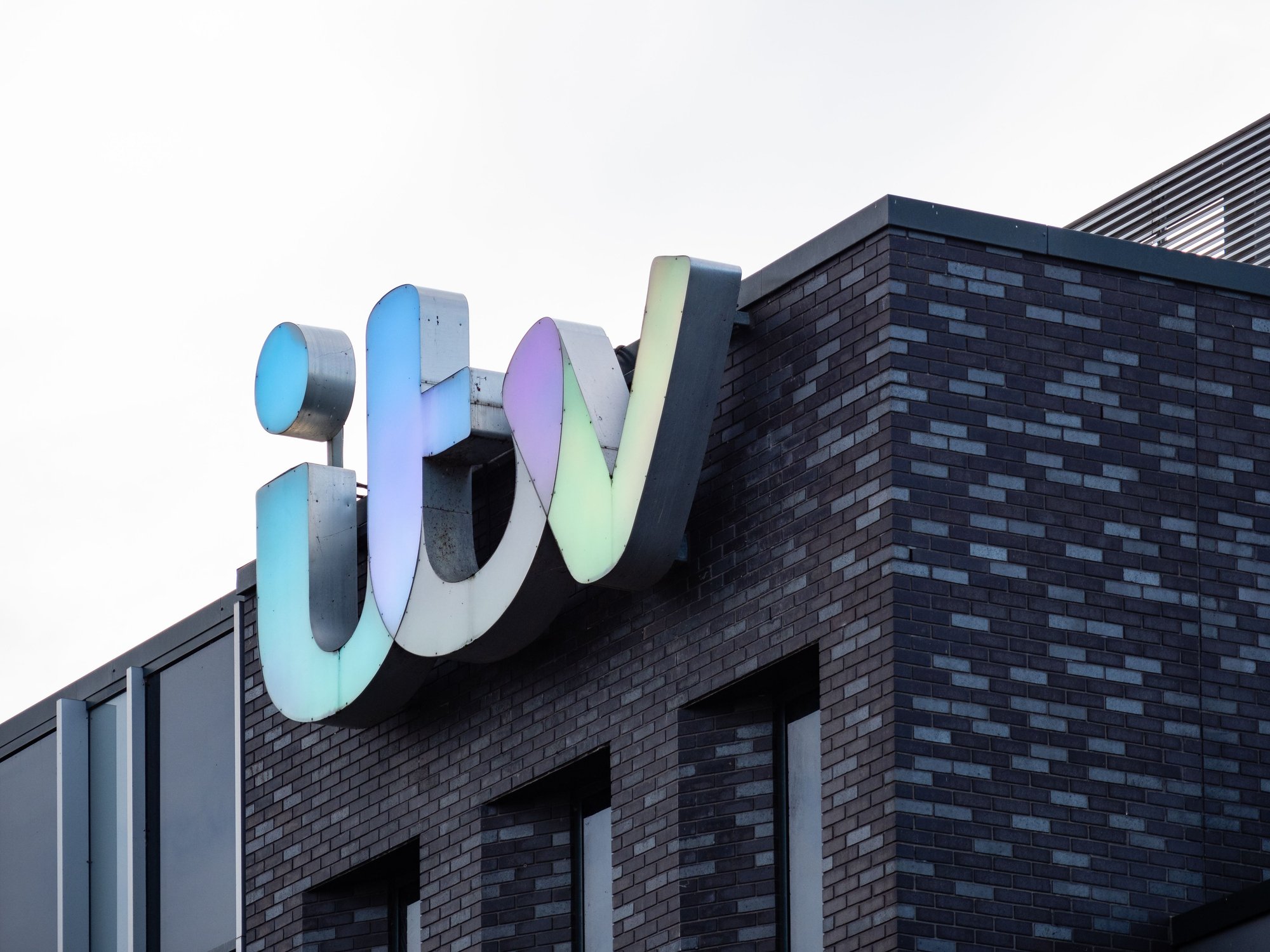
Photo: Wirestock
Creatives criticise ITV over AI job
The broadcaster’s plan to hire an executive to lead the use of artificial intelligence to create material for TV, film and digital content is branded ‘depressing’ and ‘unethical’.
Actors, screenwriters and TV industry representatives have criticised ITV for planning to employ a head of generative artificial intelligence (AI) innovation.
A job advertisement posted on LinkedIn, offering a salary between £80,000 and £95,000, said the London-based role will “drive the strategy and execution of AI-driven transformation across ITV Studios and ITV’s streaming services”.
It adds the chosen candidate will create material for TV shows, films and digital-first content by using AI technology to assist with ideation, character development and enhanced production graphics.
The job vacancy, which is thought to be a first in the UK TV industry, is still available to view on LinkedIn but is now closed for further applications, ahead of the planned 23 October deadline and after fewer than 25 applications were received.
The early closure follows widespread criticism. Comedy writer Lisa McGee, best known as creator of Derry Girls, said she found the role “incredibly depressing and, considering how AI material is generated, unethical”.
“Screenwriting is both an art form and a craft and I think what I find most disturbing is this desire to replace us,” she added.
Gemma Arrowsmith, a comedy writer and actor, wrote on X: “It’s already tough to summon enthusiasm for developing TV projects when every writer I know struggles to get anyone to respond to an email.
“Imagine if that £95,000 had been used for 19 £5,000 development grants for writers.”
ITV’s plans were also heavily opposed by the sector’s unions. Ellie Peers, general secretary of the Writers’ Guild of Great Britain, said: “There’s no shortage of story ideas out there, though sadly there appears to be an unwillingness to pay for them”.
Meanwhile Bectu called on ITV to invest in creative talent and use technology to help support storytellers rather than investing in gimmicks.
An ITV spokesperson said the broadcaster plans to use AI tools to enhance and expand its creative and production processes.
“While nothing can replace the human creativity of our teams, we are exploring how generative AI can help our staff to work more efficiently and creatively and optimise our content for viewers,” the spokesperson added.
Some social media posts have called for creatives to boycott broadcasters who replace creative talent with AI, citing protests in the United States which saw screenwriters in Hollywood on strike for almost five months last year in a row over pay and the use of AI in the industry.
The protests ended after the signing of a contract between the Writers Guild of America and the Alliance of Motion Picture and Television Producers regulating the use of AI. It specified that AI is not a writer to replace or compete with humans, but rather a tool for writers’ beneficial use.
The agreement permitted studios and writers to use generative AI under specific circumstances, but with guards to protect writers’ employment and creative control.
Sector-wide concerns
The backlash to ITV’s job advert mirrors concerns found across the creative industries that the developing use of AI technology could lead to the loss of creative job roles.
A key question in the sector remains around the use of creatives’ content and intellectual property to train AI models without consent or remuneration.
The previous government proposed, then delayed and eventually dropped, a copyright exception that would allow companies to use existing music, literature and works of arts to train AI.
Earlier this month, chair of the Culture, Media and Sport Committee Caroline Dinenage wrote to Culture Secretary Lisa Nandy with concerns the current government may revive the controversial legislation and permit a text and data mining exception.
Research from the Design and Artists Copyright Society has found the majority of artists want the government to introduce legislation to protect their work from being used to train AI.
In May, Arts Council England revealed plans to develop best practice guidelines on using AI in the cultural sector.
Join the Discussion
You must be logged in to post a comment.